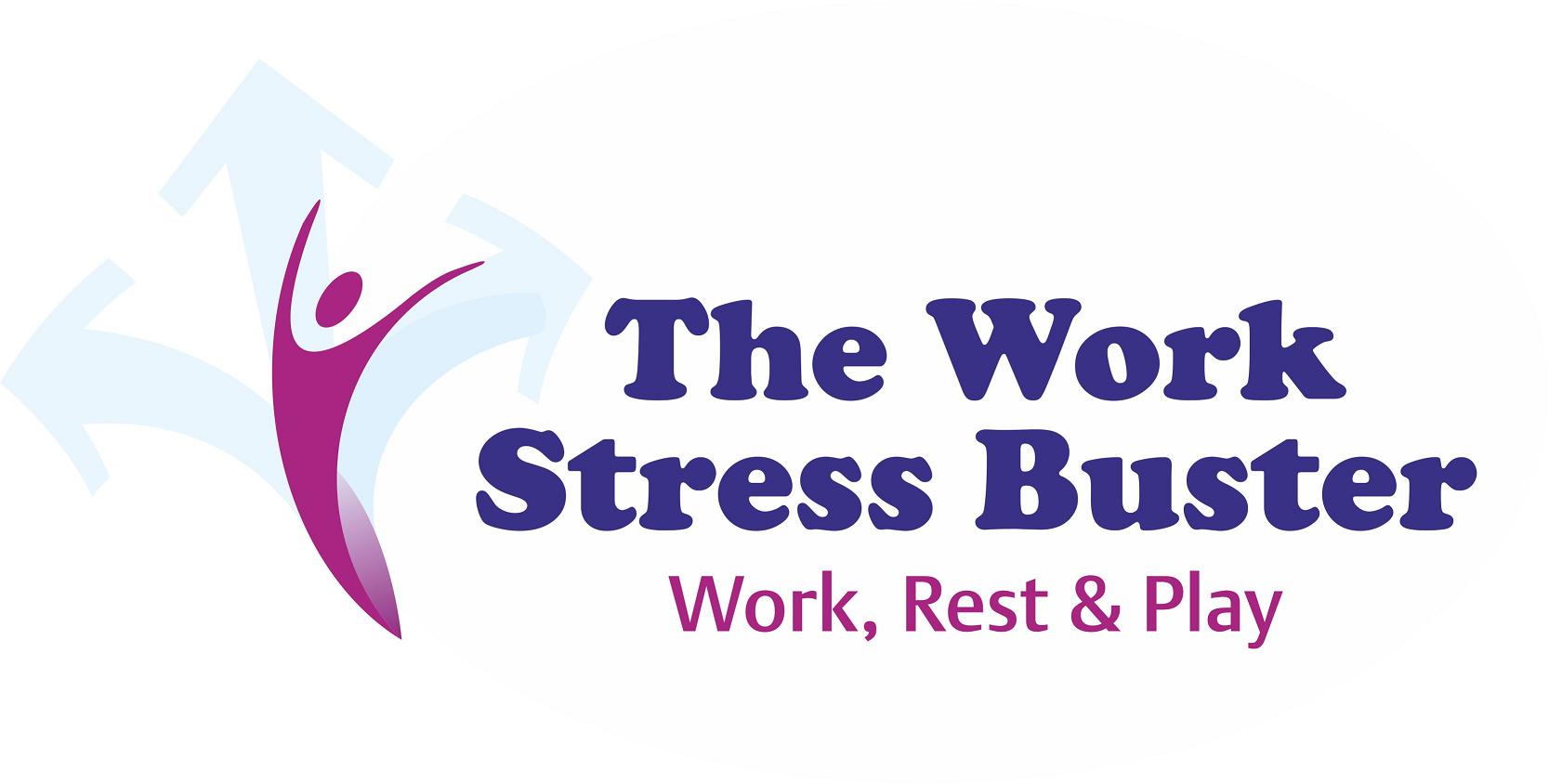The Top Five places- to go for help with Work issues
This blog is for those people facing problems at work and want to know where they can find out information and get support. Below I summarise five key organisations that support the welfare of workers in the UK. I also give details of their websites where you can seek further information.
- Health and Safety Executive (HSE) – the HSE focus on preventing injury, death and ill-health in workplaces in the UK. They are concerned about work that may impact significantly and negatively on a person’s health and wellbeing. Part of what they do is to enforce and regulate health and safety at work legislation and undertake research, and produce health and safety statistics such as how many people suffer work-related illness, or injury, or death at work and cost of work-related ill-health and injury.
The HSE help victims of workplace hazards to secure justice. Prosecutions can be brought against an employer who for example, does not provide risk assessment, training or education as necessary for a person to carry out their job safely. You can read real case-studies of the type of situations they investigate, ad how their role makes a real difference to both victims and their families: http://www.hse.gov.uk/aboutus/40/securing-justice.htm If you have a workplace concern, contact HSE to check if they are the right enforcing authority to help you: http://www.hse.gov.uk/contact/authority.htm
- ACAS, the Advisory, Conciliation and Arbitration Service provides conciliation, information, advice and training for both employees and employers – to help them avoid or work through workplace disputes and problems. They provide information on rights and responsibilities and good practice at work. So for example, they can help with what you should be doing / what you can expect with regard to pay, contracts, working hours and time off. Where there are disputes in the workplace, they provide guidance on simple steps that both employers and employees can take to minimize and resolve the issues. They also provide training on dispute resolution – be it related to pay, redundancies, change in terms and conditions as most issues occur when staff have not been appropriately informed of the changes.
Useful templates, videos, booklets and websites are available on the ACAS site – covering issues such as Discipline and grievance code of practice, managing conflict at work, writing contracts of employment, recruiting staff, managing performance plus much more.
- Trade Union Congress (TUC) – Britains Unions
“Unions take on the bad employers, and work with the good to make them better.”
Unions are there to understand, support and defend you at work. No matter what the situation may be, you can find a union to represent you. There are many different unions and many reasons for joining a union many reasons. To find the best union to suit you and your job, see here.
You can also download a copy of ‘Trade Unions at Work’ . This pamphlet explains how unions work in modern Britain: the job they do for their members; the way they help boost business; and how they help make Britain a better place to live and work.
Many of the rights we enjoy at work have been won by union campaigning. Unions are there to take action and provide a quality service; this includes striving and fighting for equal and fair pay and better working conditions.
Workplaces where members are represented by a union tend to be safer, and invest better in employee training and development programmes. And in the best workplaces employers and unions have put behind them out-dated ideas of confrontation and work together in partnership.
Partnership employers recognise that staff morale and commitment are improved when they are treated well, have their views taken into account and enjoy job security. And in return staff take more pride in their work and are more ready to embrace the changes modern firms often need to compete.
MINDFUL EMPLOYER is about supporting employers to support mental wellbeing at work. Developed, led and supported by employers, MINDFUL EMPLOYER® provides businesses and organisations with easier access to information and support for staff who experience stress, anxiety, depression or other mental health conditions. It is UK-wide, Completely voluntary & run by Workways – an organisation that is part of Devon Partnership NHS Trust.
The Mindful Employer website carries a wealth of information about the law, good practice, managing mental health, training and organisations who can help, together with publications for managers and staff.
“With the right support, you can deliver your business, and people with a mental health condition can stay in work.”
BEING A MINDFUL EMPLOYER®
- Shows employees and others that you are a good employer
- Expresses corporate social responsibility
- Reduces staff and training costs
- Helps towards complying with legislation (e.g. Equality Act & HSE)
- Reduces sickness absence
- Enhances customer service
- Improves productivity
- Helps retain staff who have experienced discrimination in the past
- Makes for a healthier workplace
MINDFUL EMPLOYER is not…
About adding to your workload or judging what you do
An accreditation, award or quality standards
CHARTER FOR EMPLOYERS
Over 1.4 million people work for employers who are signatories to the Charter for Employers who are Positive About Mental Health.
The Charter is just one part of the MINDFUL EMPLOYER® initiative and over 1,400 employers have been signatories at some point since the initiative began in 2004. The Charter is a voluntary agreement seeking to support employers in working within the spirit of its positive approach. It’s not an accreditation, award or a set of quality standards but is about working towards the principles of it – signing up is a step along a journey not the end of it. It is completely voluntary.
….Click here to find out about being a MINDFUL EMPLOYER
CIPD stands for the ‘Chartered Institute of Personnel and Development’.
CIPD — the professional body for HR and people development. CIPD are the voice of a worldwide community of 140,000 members committed to championing better work and working lives.
CIPD is independent and its independence, research and expertise enables them to work in a way that is grounded in evidence and promotes working practices that drive maximum value for both employees and the businesses they work in.
As the UK’s leading HR and development professional body, the CIPD can work with your organisation’s to improve its performance through HR consulting, membership and in-house training.
As the workplace meets new challenges, the CIPD support personal and professional development by delivering a set of new initiatives which address: Commuting and flexible working, inclusive leadership, health and well-being. Read more about these initiatives here:
CIPD is part of a recognised organisation of 140,000 members in the UK, Ireland and internationally, including more than 54,000 members who are Chartered. Join CIPD.
Awele is an experienced trainer who has worked nationally and delivered training for over 300 delegates – working successfully with over 30 companies and organisations. From goal setting, and planning skills to resilience and stress management, Awele has experience designing and delivering a range of programmes. If you have particular training needs, then do enquire to see how Awele can be of support to you. Workplace stress is not something you have to live with, contact Awele and make stress at work a thing of the past.
Call Awele on 07985 440014 or 0845 054 2781 or
email: awele@theworkstressbuster.co.uk.
See here for more information on the range of training services Awele provides.
photo credit: <a href=”http://www.flickr.com/photos/70831699@N00/26040061143″>one of these things is not like the other</a> via <a href=”http://photopin.com”>photopin</a> <a href=”https://creativecommons.org/licenses/by-nc-nd/2.0/”>(license)</a>


